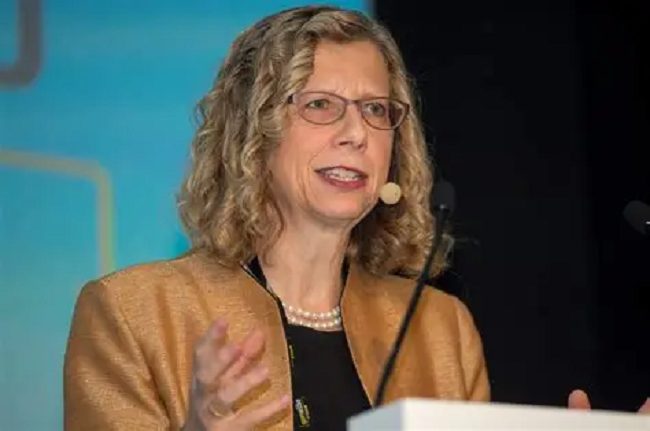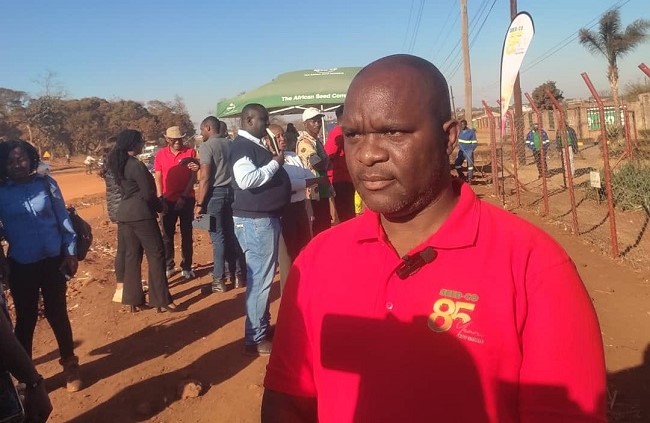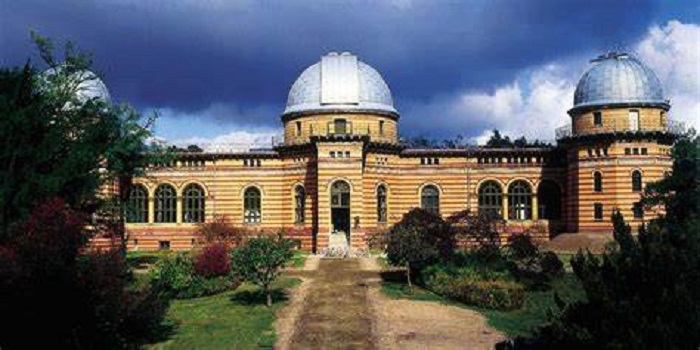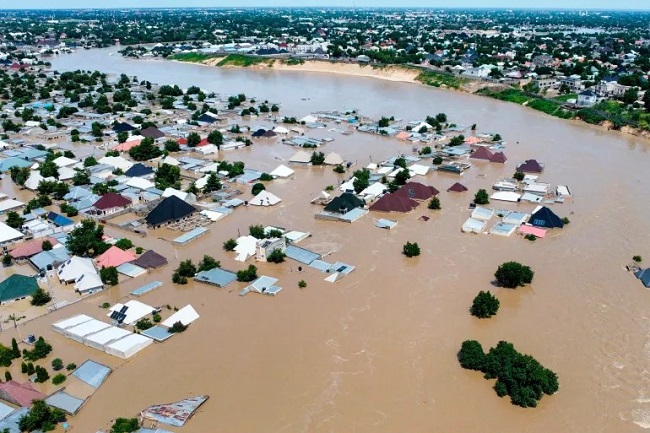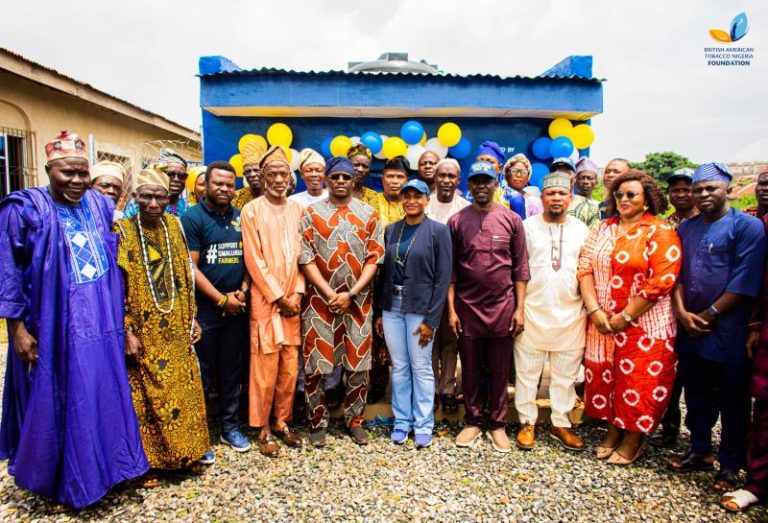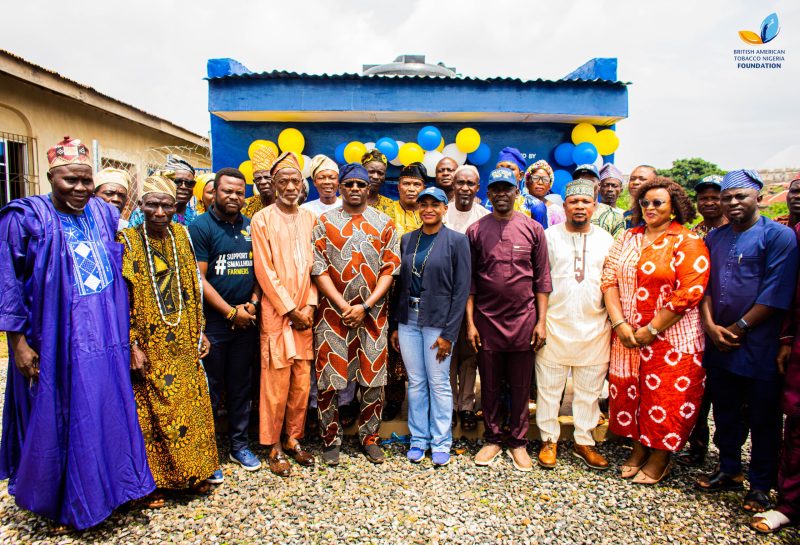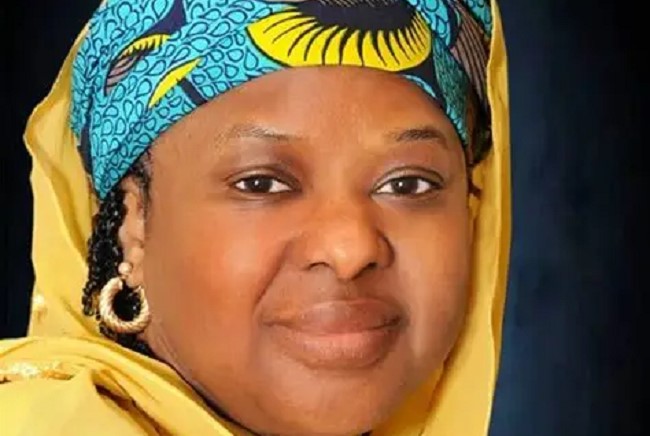In a resounding demonstration of its commitment to community development and climate-resilient infrastructure, the BATN Foundation has commissioned a 20,000-litre capacity solar-powered borehole in the Ifelodun Muslim Area of Oluyole Local Government, Ibadan, Oyo State.
The borehole project, officially unveiled in the presence of government dignitaries, traditional leaders, local government authorities, and residents, marked another significant stride in BATN Foundation’s drive to support underserved communities with sustainable access to clean water and sanitation, key elements in achieving Sustainable Development Goal 6 (SDG 6).
Constructed with five water dispensing taps, a water management kiosk, four 300W solar panels, and a submersible pump encased within a protective area, the borehole is engineered for long-term sustainability. A manually operated pump has also been installed to provide an alternative water source during extended periods of low sunlight.
Speaking at the ceremony, Mrs. Odiri Erewa-Meggison, Board Director of BATN Foundation, emphasised the project’s deeper significance beyond infrastructure: “Water is life. Access to clean, safe water is not a luxury; it is a fundamental human right. This project represents our belief that no one should be left behind, especially when it comes to the most basic human need.”
She added that the Foundation’s strategic investments in clean water solutions reflect its broader mission to build resilient, healthy communities. “This borehole is one of over 110 solar-powered facilities we have constructed across Nigeria, impacting thousands of rural households with safe, renewable water access. It’s not just about water; it’s about dignity, it’s about public health, and it’s about creating opportunities for people to thrive.
”The solar-powered borehole in Ifelodun is expected to serve more than 5,000 residents, significantly reducing the daily burden, especially for women and children, who previously traveled long distances to fetch water. By integrating solar-powered technology, the project not only reduces dependence on fossil fuels but also lowers the long-term cost of water access, providing an environmentally friendly solution tailored for rural sustainability.
In his remarks, the Commissioner for Environment and Natural Resources, Seun Ashamu, lauded the Foundation’s intervention, noting that this kind of public-private partnership is critical in addressing the infrastructural gaps in rural areas, especially in climate-sensitive sectors like water.
Chairman of Oluyole LGA, Akeem Olatunji, also expressed appreciation to BATN Foundation for choosing the Ifelodun Muslim community, describing the intervention as a transformative gesture that addresses both the immediate and long-term water needs of its people.
Beyond access to water, the BATN Foundation continues to make critical interventions in agriculture and economic empowerment across Oyo State. In 2024 alone, the Foundation trained and equipped 200 smallholder vegetable farmers across Akufo and Ajeja communities in sustainable dry-season farming techniques.
Through these initiatives, over 330,000 smallholder farmers have been empowered the 36 states of the federation and the FCT..
“The goal is to strengthen the entire ecosystem around rural development. By giving people the tools whether water or agricultural inputs, we’re enabling productivity, health, and self-reliance,” Erewa-Meggison stated.
The commissioning event featured the symbolic turning on of the borehole, ribbon cutting, and group photographs with community members, local leaders, and government officials.
Residents of the Ifelodun Muslim Area turned out in their numbers, expressing heartfelt gratitude for what many described as a “life-changing” intervention.
The Foundation urged the community to take full ownership of the borehole and preserve it for future generations.
“Sustainability begins with stewardship. Protect it. Preserve it. Pass it on,” Erewa-Meggison said.
With the commissioning, the BATN Foundation renews its commitment to bridging the resource divide in rural Nigeria, one sustainable solution at a time.
By Ajibola Adedoye




